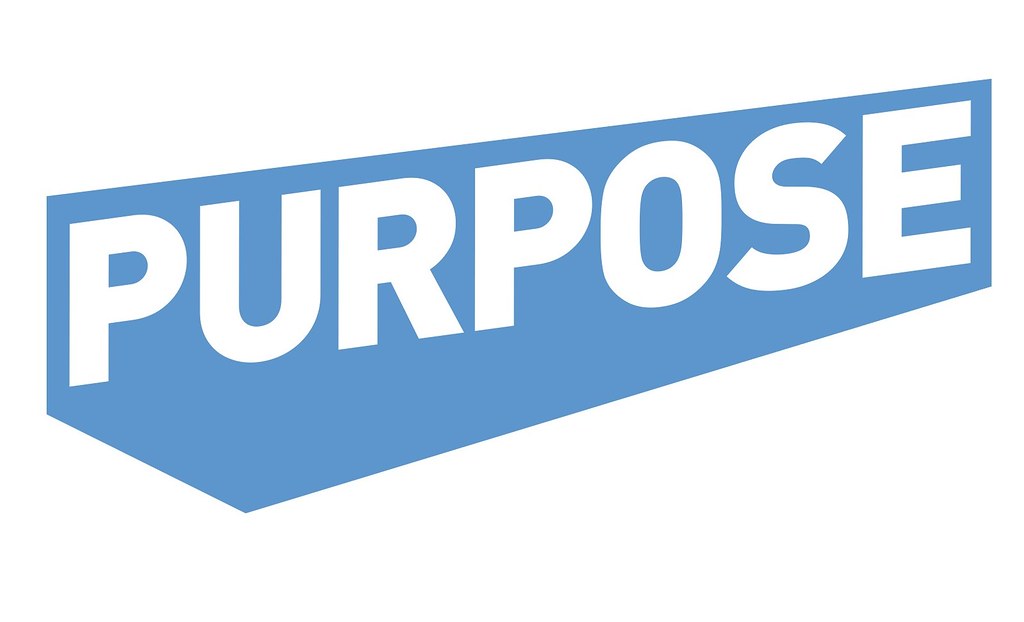Podcast: Play in new window | Download
Subscribe: iTunes | Android | RSS

Today’s interview is with Jascha Kaykas-Wolff, who is the Chief Marketing Officer at Mozilla, non-profit organization that fights to keep the Internet a global public resource, open and accessible to all and is most famously known for being the maker of the Firefox browser. I caught up with Jascha at the recent Collision conference in New Orleans and we had a chat about all sorts of things including customer experience, engagement, trust and emotion.
This interview follows on from my recent interview – The ROI of investing in employee experience – Interview with Jacob Morgan – and is number 218 in the series of interviews with authors and business leaders that are doing great things, providing valuable insights, helping businesses innovate and delivering great service and experience to both their customers and their employees.
Highlights from my conversation with Jascha:
- The whole conversation around customer experience as a separate mandate for organisations is a pretty big challenge.
- There is a danger that organisations just create another silo to address customer experinece, which in itself will cause its own problems.
- On average, organisations are serving their customers via 9 different channels right now and that number is set to rise to 11 channels in the next 18-24 months.
- However, the challenge with that is that when an organisation adds another channel it tends to add another team which compounds one of their biggest challenges…siloed behaviour.
- Jascha is a product person by background and an accidental marketer.
- However, he has found that agile/lean ways to do product development has a lot to teach marketing in terms of understanding needs, research, user stories, testing etc etc.
- Are most marketers really interested in and being of value to their customers? Or, are they more interested in just generating attention?
- Marketing, generally speaking, has become lazy as marketeers look to other people/things to solve problems for them.
- Marketers don’t do the fundamental work as often as they should. They are not doing customer research or segmentation in a meaningful and consistent ways. They are tending towards buying technology to solve their problems and that’s lazy.
- Only 17% of people believe what companies/brands say about themselves in their marketing.
- Mozilla is non-profit organization that fights to keep the Internet a global public resource. They view the internet as an eco-system but think that, currently, it is not very healthy.
- Mozilla and their 1,100 staff worldwide work alongside thousands of volunteers to create products, platforms, partnerships and policy, including open source products like Mozilla Firefox, for the benefit of the individual and the betterment of the Web.
- All of their work and the nature of it plays a part in establishing them as a trusted and independent force for good on the internet.
- Around two years ago they started to identify a trend and a group of people that were no longer buying on purely a utility basis but were also buying based on what a company stood for, how it operates, how it was aligned to their values and ideals and, somewhat, regardless to whether or not that cost them more……e.g. look at the success of Whole Foods, Tom’s and Warby Parker etc.
- These customers they call Conscious Choosers and through a couple of pieces of research they have confirmed their existence, estimated that they represent around 21% of the addressable universe of internet users (The total addressable universe of internet users is currently estimated at around 3.5-3.6 billion people) and they are growing as a group at a faster rate than the overall population.
- Conscious Choosers are estimated to number over 700 million people around the world right now.
- Therefore, the purpose of a business is becoming ever more important to a large and growing number of customers.
- Each year, Forbes publishes a list of the 100 most trusted companies that rate as the most trustworthy companies, based on a number of criteria. Here’s the 2017 list.
- Mozilla did some additional analysis and found the most trusted companies significantly outperform their peers in terms of stock performance and other growth indicators.
- Being brilliant at the basics is a foundational element of trust building but, increasingly, so is purpose.
- If you don’t surprise your customers in a negative way then you have a better chance of building trust.
- Another element of growing importance in the trust building process is data and privacy and Jascha and his team have been working with their legal team (no less) to identify ways in this area where they can develop more trust with their customers.
- What they have come up with is the idea of Lean Data practices, which is a framework to help them (and other interested companies) think about the decisions they make about data, focus only on the data they need, build appropriate security around that data and engage users to help them understand how their data is being used.
- Mozilla doesn’t ask for data that they can’t do anything with i.e. on their email programs 2 years ago they were not asking for any more than an email address as they didn’t have the operational capability or bandwidth to do anything with the additional information.
- If you are not doing amazing things with the data that you are collecting about your customers then stop collecting more data, keep only what you need and get rid of the rest.
- A colleague of Jascha’s…Kobe Fuller, Partner at Upfront Ventures, did some research a couple of years ago on how many firms were selling technology to marketers. They identified 1,100 companies who were all doing one or a combination of 3 things: collecting data, storing data or helping companies take action on that data. Another colleague and friend of Jascha’s, Scott Brinker, updated that research only recently and found that the number of companies has grown to around 2,800 over the space of two years.
- The growth in choice of tech in this space is making marketers lazy.
- Just because you can collect data does not mean that you should.
- You should only ask for data that you can deliver value with.
- To start working in this way, marketers may need to change the culture in their organisation.
- Marketers also need to get data, privacy and security savvy if they are to establish trust with their customers and design and deliver a leading customer experience.
- To create a great customer experience we have to make sure that we are establishing and maintaining the opportunity on which to build trust.
- With the rise of data, privacy and security issues and the impact of tools like behavioural economics and behavioural design…….is there a rising ethics problem? Do firms now need a Chief Ethics Officer or should that become part of the CEOs portfolio, where the E stands for Executive, Experience and Ethics?
- Making smart, ethical decisions on behalf of our users develops trust and benefits the business.
- We are in a transitional period where we are shifting from an economy/society that chooses things based on value to one that chooses things based on values. But, the challenge is that the economic systems/business models are not quite aligned to these shifting preferences as yet.
About Jascha (taken from Jascha’s Mozilla bio)
 Jascha Kaykas-Wolff is Mozilla’s Chief Marketing Officer and leads Mozilla’s global marketing strategy and organization.
Jascha Kaykas-Wolff is Mozilla’s Chief Marketing Officer and leads Mozilla’s global marketing strategy and organization.
Jascha believes in two key principles: Find opportunities where no one else is looking; And, never fail the same way twice. It’s a methodology centered around Agile marketing practices and marketing technology. Coupled with a B.A. in Psychology from Whittier College, it’s one that’s served him well professionally and personally.
Prior to joining Mozilla, Jascha most recently served as CMO for BitTorrent, CMO for Mindjet, senior vice president of marketing and customer success at Involver and he previously headed Global Marketing for Webtrends. He also has experience at Microsoft and Yahoo!
Jascha’s marketing specialties span B2C and B2B including product positioning, marketing strategy, marketing technology, demand creation, brand building, brand repositioning, organizational improvements, agile marketing, and sales enablement.
Outside of work Jascha is a passionate volunteer and mentor with TheLastMile.org. He published Growing Up Fast with Kevin Fann in August 2014. He calls Marin County home with his wife Rebecca, 3 whip-smart children, 1 grey haired hamster, 2 frogs, 6 or 7 fish and one cat that wants to eat them all.
Check out the work that Mozilla is doing, connect with Jascha on LinkedIn here, read his posts on Medium and say Hi to Mozilla and Jascha on Twitter @mozilla and @kaykas.
Thanks to leesean for the image.


![[Research Round-Up] New Study Shows the Continuing Value of B2B Thought Leadership](https://customerthink.com/wp-content/uploads/development-2010010_1280-pixabay-innovation-ideas-think-1-218x150.jpg)
